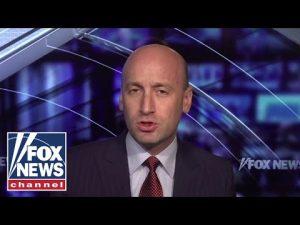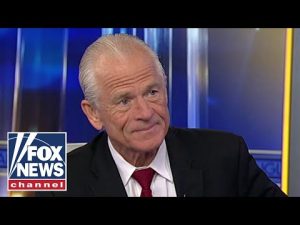Ksenia Karelina, an American ballerina with dual Russian citizenship, remains trapped in a Russian prison after being arrested in January 2024. Her crime? Donating $51 to a charity helping Ukrainians suffering from the war. Russia claims the money funded Ukraine’s military, landing her a 12-year sentence for “treason.” Conservatives argue this case exposes the dangers of weak leadership on the world stage, as America’s rivals grow bolder in targeting innocent citizens.
Karelina’s boyfriend, former boxer Christopher Van Heerden, has been fighting tirelessly for her freedom. He recently revealed she’s been moved to an undisclosed location, sparking hopes of a prisoner swap. While the Biden administration secured the release of other Americans last year, Karelina was left behind. Critics say this highlights a pattern of failed negotiations and misplaced priorities under current leadership.
The ballerina’s ordeal began during a visit to her grandmother in Russia. Authorities searched her Venmo account, found the donation, and accused her of funding “terrorism.” Friends describe Karelina as kind-hearted and apolitical, making the charges absurd. Many conservatives see this as proof of Russia’s ruthless exploitation of U.S. dual citizens—a tactic that demands a stronger response from Washington.
Van Heerden has praised figures like former President Trump and Secretary of State Marco Rubio for taking Karelina’s case seriously. He claims the Biden administration initially downplayed her detention, wasting critical early months. This delay, critics argue, allowed Russia to cement its narrative and pressure America into costly swaps. The recent release of another detainee, Marc Fogel, came only after the U.S. freed a Russian prisoner—a move some see as rewarding hostage-taking.
Russia’s court system rubber-stamped Karelina’s guilty plea, ignoring her lawyer’s appeals. Her supporters argue the trial was a sham, with no real evidence beyond the donation. Conservatives point to this as evidence of Putin’s regime weaponizing the law to intimidate dissenters and trap Westerners. The lack of forceful condemnation from the White House, they say, emboldens such tactics.
Karelina’s case has drawn comparisons to other Americans detained abroad under questionable circumstances. While some were freed through swaps, her supporters worry she’s become a pawn in Moscow’s geopolitical games. The State Department’s decision to finally label her “wrongfully detained” came late, critics note, after months of pressure from lawmakers and her family.
With a possible swap looming in February 2025, Karelina’s loved ones cling to hope. Van Heerden vows to keep pushing until she’s home, citing the Trump team’s involvement as a turning point. Many conservatives argue that strength and resolve—not concessions—are the only way to deter future hostage crises. They urge leaders to prioritize Americans’ safety over diplomatic niceties.
As Karelina faces another day in a Russian penal colony, her story underscores the high stakes of global leadership. Critics say weak responses invite aggression, while a firm hand protects citizens. Until she’s free, her case remains a rallying cry for those demanding America stand tall against adversaries who target the innocent.







